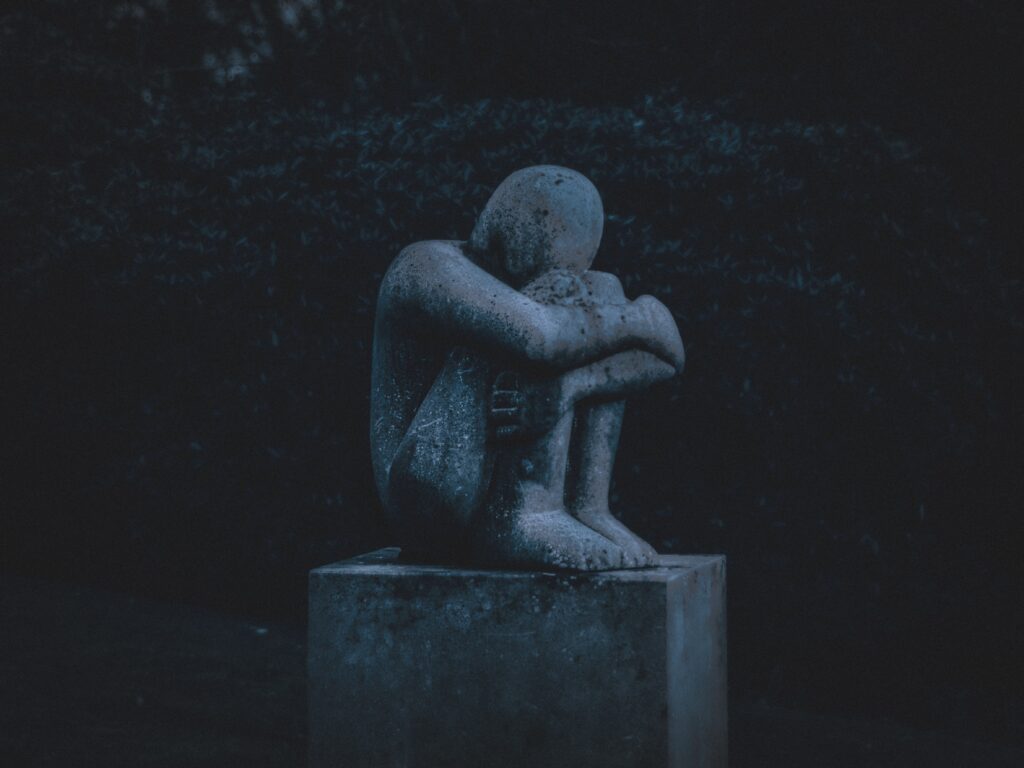Four years ago, 70 year-old Chandigarh, India resident Vijay Kumara lost his wife Veena to blood cancer.
While nothing can completely fill the void that her passing left within him, he has found solace in a life-size marble replica of her, which he talks to daily.
What Inspired Vijay Kumara to Carve a Statue of His Late Wife?

Carving the marble replica of his wife took Vijay six weeks. The piece measures 5’1” and weighs a whopping 2,198 pounds. Two cranes were required to transport it to Vijay’s home.
💔 Heartbroken widower replaces his late wife with LIFESIZE marble replica which took six WEEKS to make https://t.co/B9y4hNYBam pic.twitter.com/YwVDH5XTap
— Daily Mail Online (@MailOnline) July 7, 2023
On a personal level, the figure stands as a physical representation of Vijay’s memories of his wife.
But on a more objective level, Vijay created the piece to convey to the youth the gravity of love, to showcase that in a world plagued with strife, romantic love is still possible.
Another Tribute to Lost Love

Vijay’s piece is not India’s only marble replica of a loved one who passed on. Tapas Sandilya, a 65 year-old retired civil servant spent 250,000 rupees on a life-sized doll representing his late wife, who had died during the Covid-19 pandemic.
Years ago, he had visited a Hindu temple with his late wife, and the couple had been impressed by a lifelike statue of a religious figure.
His wife Indrani told him then that if she died before him, her greatest wish would be to have a similar statue made in her image.
After her death, Tapas visited the same temple where he and his wife had had this conversation. It inspired him to fulfill his wife’s wish.
“I am, strictly speaking, fulfilling my wife’s abiding wish,” he told Times of India.
The Effects of the Loss of a Loved One

The loss of a loved one can forever alter the trajectory of one’s life, as evidenced by the great efforts that Vijay and Tapas made to replicate their passed-on romances.
Bereavement counselor and writer Earl Grollman once said, “The only cure for grief is to grieve.” What is meant by this is that grief is a natural consequence of loss.
Rather than trying to suppress our emotional response, we should feel unhindered in our expressions of grief, whether said expressions involve temporary isolation, crying, or—in the case of Vijay and Tapas—paying tribute to our loved ones.
“Grief is not a disorder, a disease or sign of weakness,” Grollman also said. “It is an emotional, physical and spiritual necessity, the price you pay for love.”








